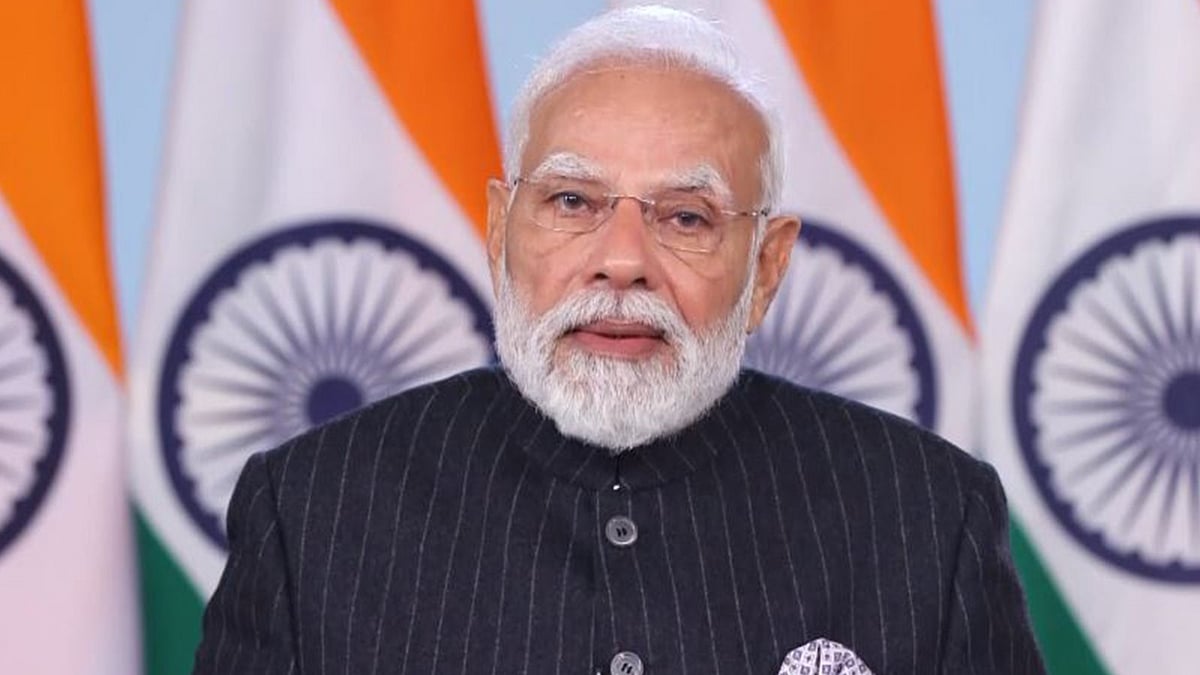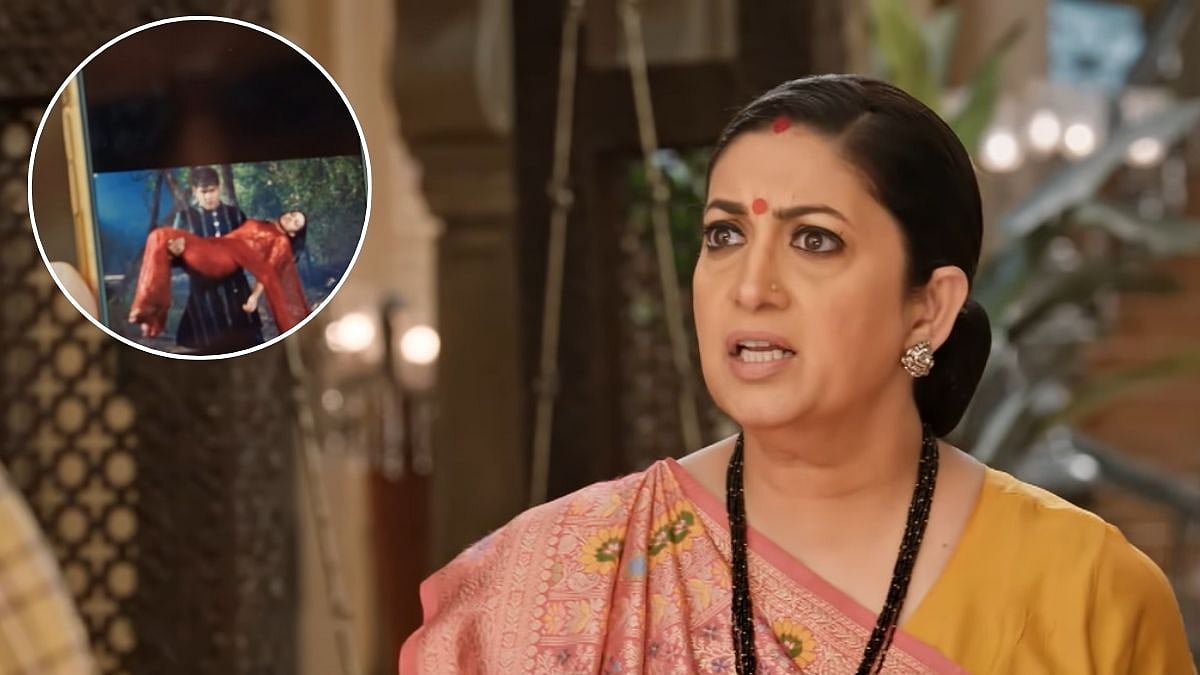In the film Soylent Green, set in a dystopian future, women are furniture. Let out with apartments. Objects meant for sex and only that. In the book, and later the series, The Handmaid’s Tale is set in a distant, and a seriously dystopian future. Women have been reduced to subjugation, including sexual slavery and forced reproduction. But we don’t have to look as far as fiction to see women reduced to purely sexual objects – to be used and disposed. You have seen it in the way the Islamic State dealt with Yazidi women. You have seen this in the stories of horror that came out of the Rwandan civil war. But rape and war have a long history of togetherness. Men kill each other, and the 'victors' rape the women in the lands that they conquer.
But what is India’s excuse? We are neither a fictional work, nor are we in civil war. So what explains the sheer and utter brutality of gang rape and murder in India? What explains the frequency? What explains men wanting to gouge out women’s internal organs or break their spines or burn them alive after the rape? What explains other men and women denying that this even happened, or defending it?
The Hathras gang rape and murder, where a group of men raped, tortured, and murdered a young woman who was out working, is the latest in the long list of depraved acts that has shocked public consciousness. Hathras is in Uttar Pradesh, where caste equations dominate. The rape and murder has an added layer of complexity – the accused men are Thakurs – upper caste – and the victim was a Dalit. Traditionally, Thakur men have not had to ask Dalit women for consent before having sex. It was considered their right. In deeply patriarchal and feudal societies, civilisation is a veneer, and it does not take much for people to regress to their feudal ways.
This is not a problem that UP alone faces. It exists across India. In Khairlanji, Maharashtra, a 16-year-old Dalit girl, Priyanka Bhotmange, was gangraped by several upper caste men, most of whom got away with it. There was the Jind rape and murder case – where a 15-year-old Dalit girl was gangraped and murdered by upper caste men. The list is long, brutal, and severely depressing. The fact that men rape women is bad enough. It is worse to read what they do after they finish raping her.
But, women in India aren’t just doomed by caste and patriarchy. They also have to face the issue of random chance. The Nirbhaya case was pure random chance. She and her friend happened to be at the wrong place at the wrong time. It could have been any woman. The case of the Hyderabad veterinarian was also random. She too happened to be at the wrong place at the wrong time – and the rapists struck. It could have been anyone.
Rape is a male problem. Men Rape. They have done this throughout history and it is unlikely they will stop unless something is radically done to reform the way they are brought up and socialised. For too long, the onus of staving off rape has been on women – don’t go out, don’t work late, don’t smile too much, don’t laugh. But now, we need to seriously look at how we restrict men from raping.
We can’t ask for more stringent laws. This kind of rape and murder already carries the death penalty. On policing – the best police force in the world cannot battle random chance. There is no point in banning porn, men have been raping well before commercial porn came into existence. We have been looking, as a society, for external control of rape. But, the solution will have to be far more fundamental. The question is, how do we train the sons of India over the next few generations, to weed out the toxic masculinity that enables rape? What is it that can be done from the pre-primary level upward to attune men in India to inculcate behaviour that is non-threatening?
The author Margaret Atwood once wrote, “Men are afraid that women will laugh at then. Women are afraid that men will kill them.” How do men actively work towards making women less afraid of being murdered? The incident in Hathras is not the last of the brutal gang rapes that India will see. Toxic masculinity, where sexism, objectification of women, and seeing sex as a conquest, is a rape-enabler. Unless men, when they get together with other men, get as offended with this as women do, the culture of rape will continue.
The writer works at the intersection of digital content, technology, and audiences. She is also a columnist, visiting faculty, and filmmaker.









